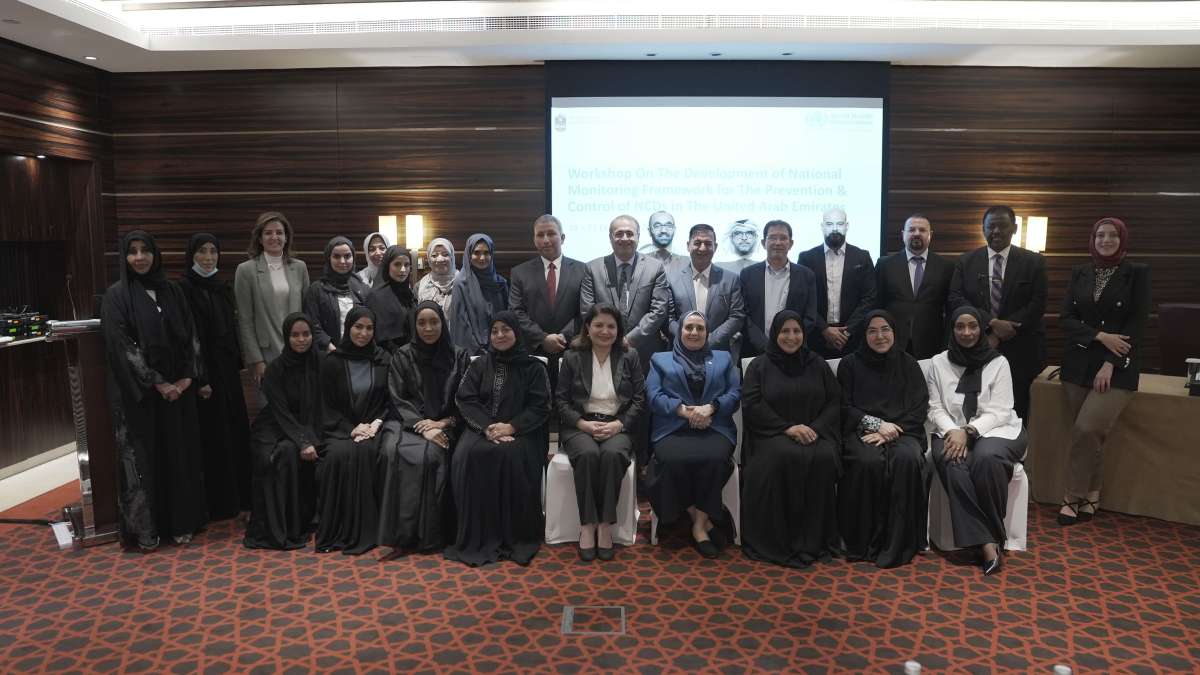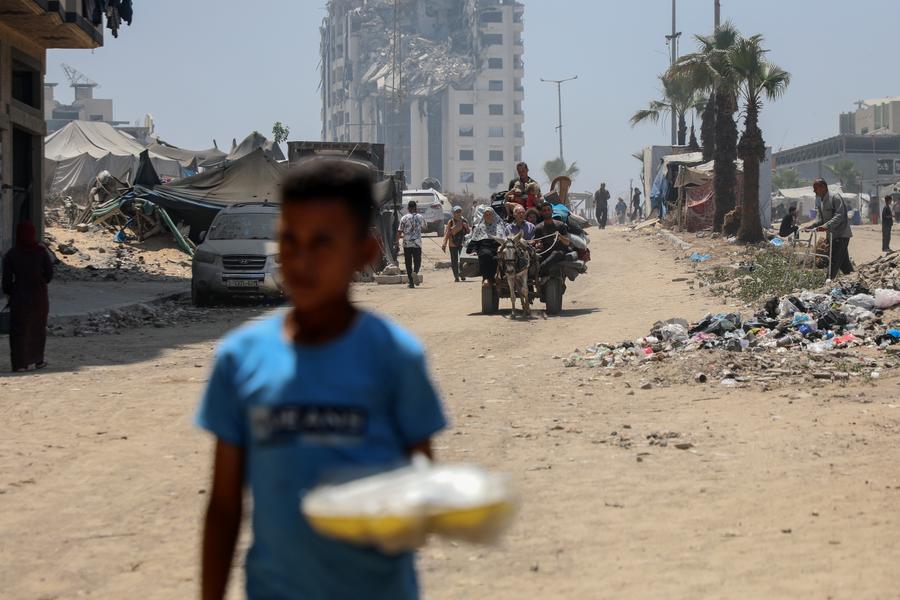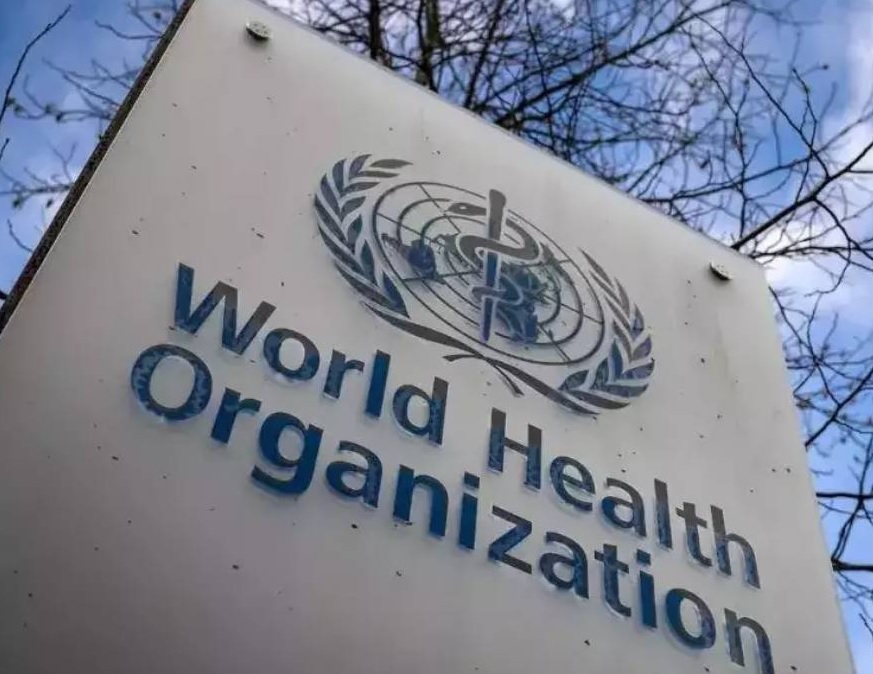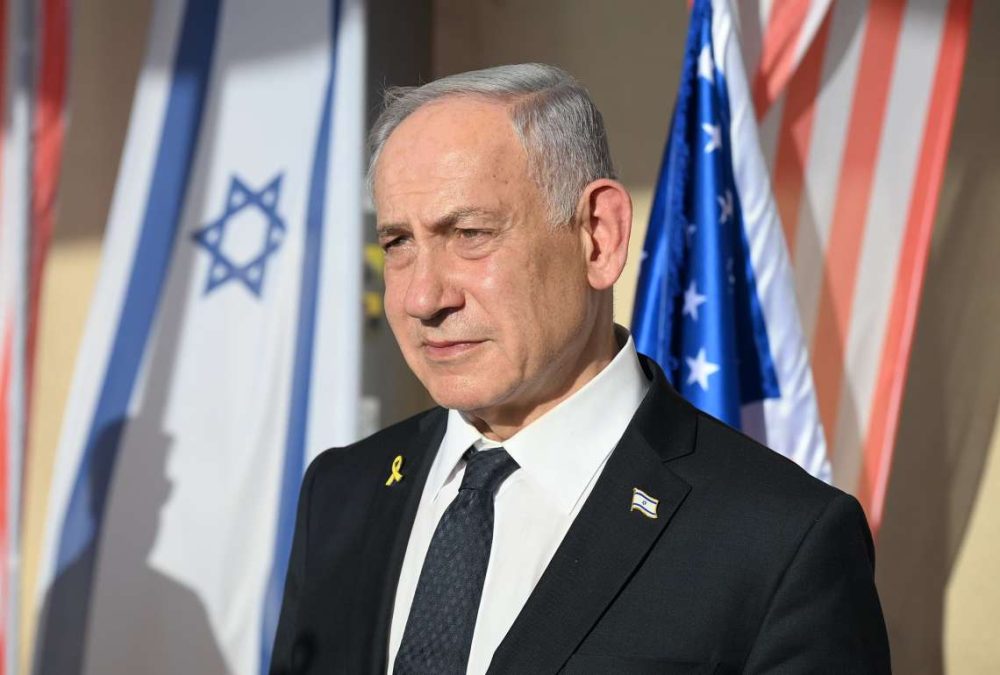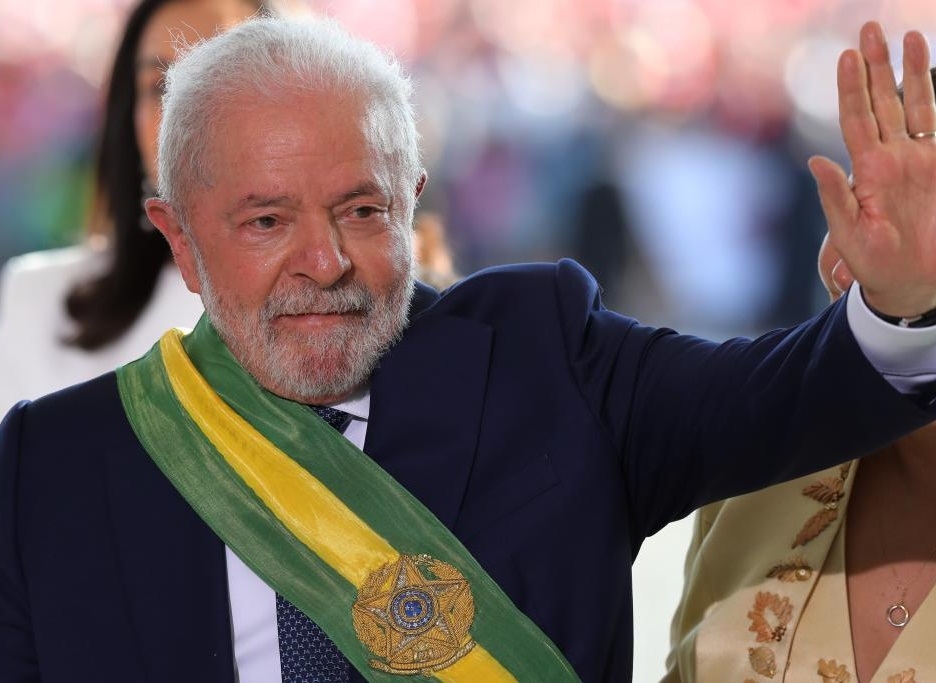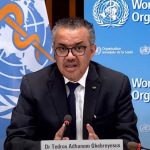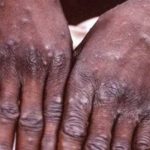The workshop provided training on how to analyse national indicators of non-communicable diseases and their associated risk factors…reports Asian Lite News
The Ministry of Health and Prevention (MoHAP), in collaboration with the World Health Organisation (WHO), has hosted a three-day workshop aimed at bolstering Noncommunicable Disease (NCD) surveillance systems, enhancing the quality of life and combatting NCDs.
The workshop also focused on fostering a shared comprehension of NCD surveillance concepts, establishing comprehensive reporting mechanisms for noncommunicable diseases and associated risk factors to support national strategic plans and policies, and creating an all-encompassing national framework for monitoring noncommunicable diseases in the UAE.
The three-day event held in Dubai targeted NCD programme managers and health professionals from various health entities across the UAE, facilitating discussions on NCD indicators, including those for the early detection of individuals at risk of these diseases. Participants evaluated progress in controlling and preventing NCDs, classifying indicators into basic and extensive categories, and exchanging ideas on advancing the development of the national NCD monitoring framework in the UAE.
Present at the gathering were Dr. Hussain Abdul Rahman Al Rand, Assistant Under-Secretary for the Public Health Sector, Dr Nada Al Marzouqi, Director of the Department of Public Health and Prevention at MoHAP, Dr. Buthina Bin Belaila, Head of Non-communicable Disease Department and Mental Health, as well as representatives of the health authorities in the country.
The workshop provided training on how to analyse national indicators of non-communicable diseases and their associated risk factors, including physical inactivity, unhealthy diets, tobacco use, and the prevalence of conditions like overweight, obesity, diabetes, and hypertension across various healthcare levels. The gathering also focused on integrating these tools with all levels of the country’s health information systems.
In his opening remarks at the workshop, Al Rand said, “Noncommunicable diseases have emerged as a major health challenge globally in recent years, drawing significant attention due to their extensive health, social, and economic risks and their adverse effects on both national development and the well-being of individuals and communities.”
“In response, the UAE has been proactive in addressing these diseases, incorporating them comprehensively within its broader health policies and programmes. This approach includes integrating these concerns into key national strategies, such as the National Strategy for Wellbeing 2031 and the National Nutrition Strategy. By adopting and implementing best practices and standards to curb the spread of these diseases, the UAE stands as a leader in the region,” Al Rand added.
“The workshop has been held as part of MoHAP’s ongoing efforts to raise awareness about the surveillance of noncommunicable diseases. We are committed to empowering health professionals with the necessary tools to gather and analyse data, and stay updated with the latest scientific advancements in the early detection and control of NCDs,” said a spokesperson from the Ministry. The workshop, which brought together WHO experts, focused on the utilisation of WHO’s methodologies for NCD surveillance.
ALSO READ: Institutional Investments Fuel UAE Stocks in 2023


